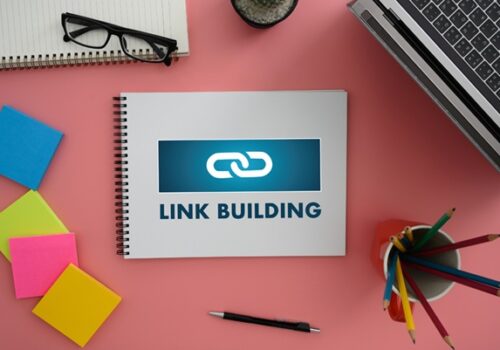Anonymous note-taking – Protecting your identity, one idea at a time
A single thought alters the course of history by sparking social movements or technological breakthroughs. However, those challenging existing paradigms often face immense backlash. In oppressive regimes, free thinkers risk imprisonment or worse. Even in open societies, scrutiny deters the sharing of unconventional ideas. Anonymous note-taking platforms allow recording ideas safely without revealing author identities. Encryption protects content, while pseudonyms replace real names. This emboldens thinkers to explore boundaries knowing their right to privacy and free speech stays intact. Powered by this liberty, their ideas can transform society for the better.
Most messaging and note-taking apps demand full disclosure of author identities. However, by linking ideas to names, thought trails are exposed. This grants immense power to organizations with data access rights and breaches user privacy. Consider activists voicing dissent against autocratic regimes. Associating identities with messages puts them at risk of detention or surveillance. Similarly, employees suggesting improvements could face retaliation if bosses take offense at the criticism. Anonymity shields against such retaliation. It separates ideas from individuals, allowing thoughts to be judged on their merit. This facilitates intellectual honesty unattainable otherwise when reputations and egos enter the equation.
How does anonymous note-taking work?
Enabling anonymous expression involves encrypting idea content and access credentials. Advanced cryptography protocols protect messages throughout their journey from the author’s device to the storage servers. Submission happens through ephemeral messaging interfaces using auto-deleted notifications. Once uploaded, random ID tags replace personally identifiable details like usernames or addresses. Servers only record the anonymous ID alongside each note. This decentralized approach prevents linking notes to authors. Since encryption keys remain exclusively with the creator, not even platform admins can identify them. These privacy controls create safe environments for thoughts to take shape. A complete list of details is found at privatenote.io.
Use cases showcasing anonymity’s power
Anonymous note collection has advocates across industries and interest groups:
- Policy feedback by citizens regarding controversial regulations around human rights, environment, or technological impact. Anonymity shields whistleblowers.
- capturing ground-level insights from employees without managers taking offense at negative feedback or suggestions if named.
- Brainstorming sessions when judgment-free idea generation matters more than debating personalities behind each concept.
- Confessional support groups where privacy reassurance allows more vulnerable sharing of stigmatized personal experiences.
Anonymous notes thus facilitate the free exchange of ideas not bottlenecked by social repercussions around reputation or censorship. They provide constructive outlets for dissent, criticism, and marginalized perspectives to enrich public discourse. Responsible anonymous messaging requires thoughtful design choices. For example, allowing user-defined expiration deadlines for secret notes shared with selected groups or individuals. This balances privacy against permanency needs. Likewise, optional password protection adds another layer of control. The availability of such robust, ethical feature sets propels anonymous notes’ adoption whether for personal reflection or public discourse.
Anonymous note platforms dispel notions that privacy necessarily hampers free speech. Through decentralized systems governed by encryption rather than gatekeepers, they make idea exchange safer. Whistleblowers call out injustice, employees give candid feedback, and dissenters can register protests securely. This liberty then catalyzes innovation as thinkers challenge assumptions. Every major leap – from Copernicus’s sun-centric solar system to Darwin’s evolution – began as anonymous ideas challenging establishment wisdom. By continued use of privacy-preserving tools, today’s thoughts contain the kernel of tomorrow’s breakthroughs. Our identities deserve protection, but ideas must roam freely.




